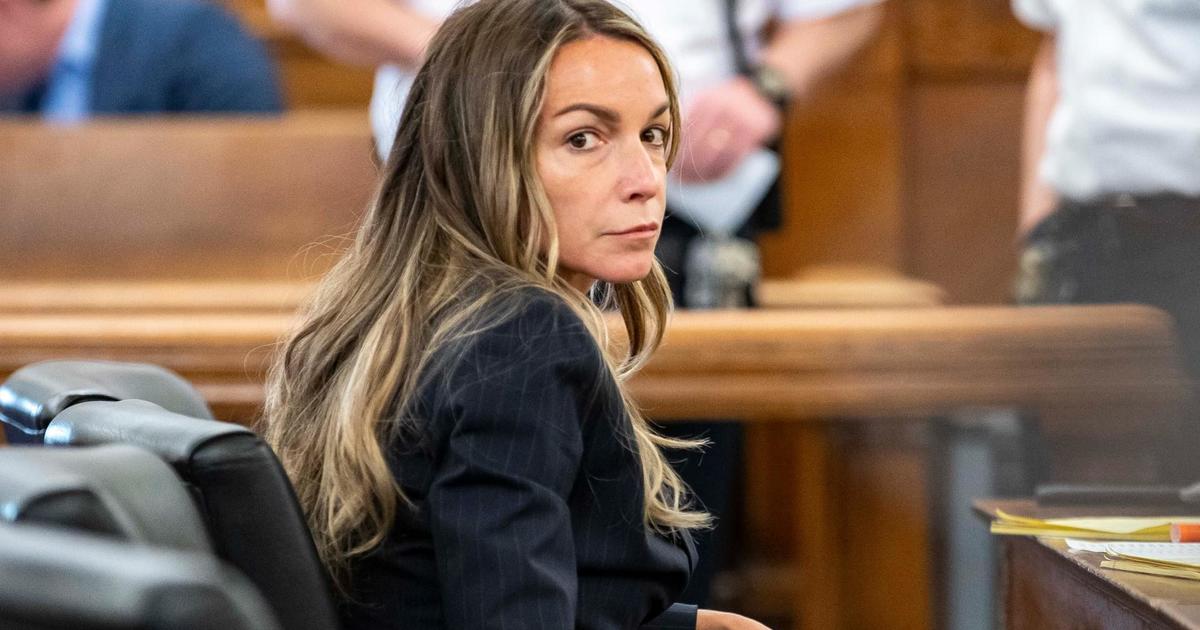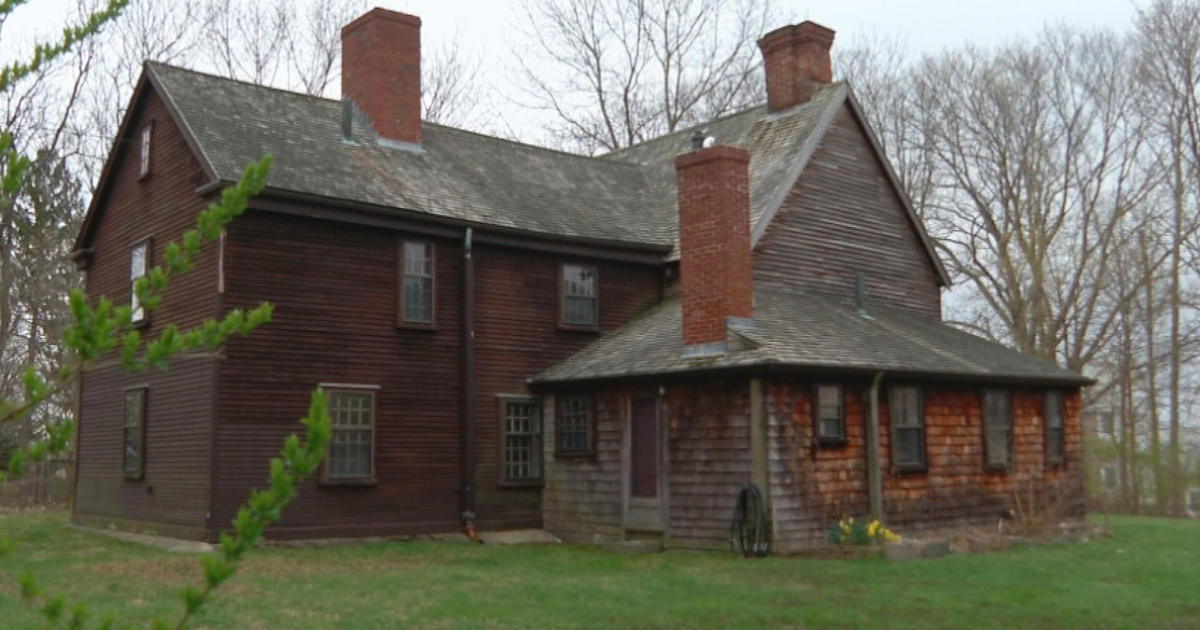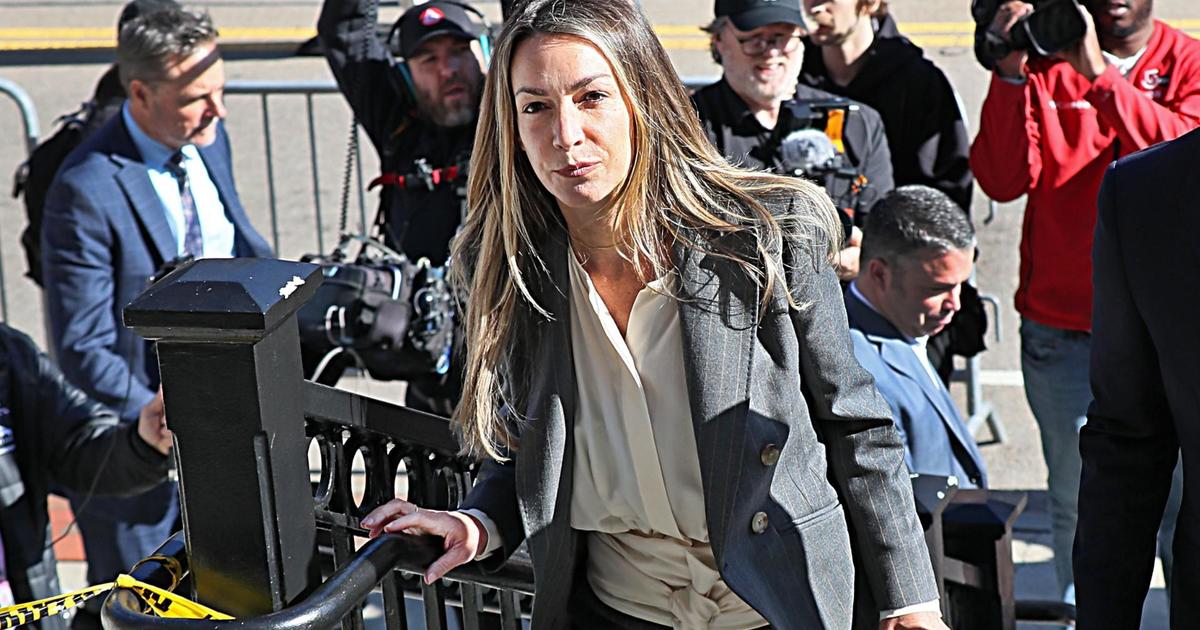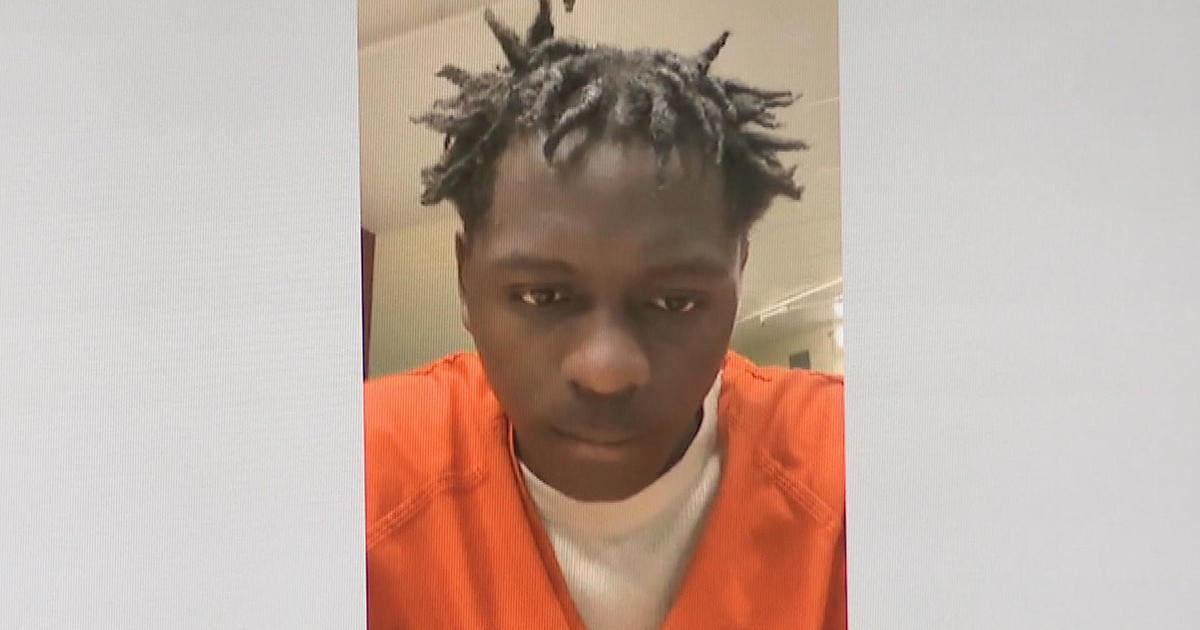Hurley: First Day In Court Goes Down As A Win For Tom Brady's Side
BOSTON (CBS) -- U.S. District Judge Richard Berman does not mess around.
That much was clear in the opening minutes of Wednesday's session with Roger Goodell and Tom Brady, when the judge opened an aggressive line of questioning about what, exactly, the NFL had proven.
Thanks to the tweeting of New York Daily News reporter Stephen Brown, we all got a glimpse inside the courtroom. And for Goodell and the NFL, it did not look good.
Though most legal experts agreed in the days leading up to the meeting that Berman's ultimate responsibility will be to rule on the process of discipline as well as the letter of the CBA, the judge instead targeted the very foundation of the NFL's case.
That would, of course, largely be the report prepared by Ted Wells, which served as the basis for the NFL's decision to suspend Brady for four games. And on that report, Berman immediately questioned the purported "independence" of Wells, who was paid by the league and whose firm was later hired to represent the league in the appeal hearing.
On that point, NFL attorney Daniel Nash repeated what the league said last Friday: It doesn't matter whether or not Wells was "independent."
That's a statement that flies in the face of everything the league has claimed since Jan. 23, when it officially acquired Wells' services.
But that was only the beginning for Nash, who learned very quickly that the NFL has a bit of a problem.
That problem: Berman isn't convinced that Wells' report proves anything.
Nash admitted that direct evidence simply does not exist.
Nash then also invented new evidence which does not exist.
If Berman decides to review what was said in court, he may find this to be an untruthful statement from Nash. Because in fact, there are no texts from after the game which "clearly indicate" anything. There is an uptick in communications between Brady and assistant equipment manager John Jastremski, which is something Brady discussed during his appeal hearing. Goodell later twisted those words to make Brady appear to have been hiding guilt, but when the transcripts of the hearing were released, it was Goodell who ended up looking like the deceitful one.
There is certainly no evidence that "clearly indicates Brady's knowledge and encouragement of this activity," so Nash misstated purported facts to the judge. Given Berman's already-weary feelings toward the findings of the Wells report, such a statement from Nash cannot help the NFL's case. The NFL may learn very quickly that it is much easier to deceive the general public than it is to deceive a judge.
Nash also referred to evidence of Brady and the Patriots employees being involved in a scheme to deflate footballs on games other than the AFC Championship Game. Berman quickly reminded Nash that the punishment of Brady is based only on alleged involvement with deflation on Jan. 18.
Nash simply did not appear prepared to handle this line of questioning from the judge.
Ultimately, Nash's argument was the same one he laid out in last Friday's filing: The NFL thought Brady was guilty, and so the league punished him.
Nash's other argument was dubious as well, because he was forced to point to the Ray Rice suspension in order to try to bolster the league's case. The Rice situation, you'll easily recall, was an absolute debacle for the NFL, one that ended with former U.S. District Judge Barbara Jones ruling that Goodell knowingly lied and misrepresented Rice's testimony. Jones ruled against the NFL in that case, yet Nash decided to use the initial suspension issued to Rice as an instance of precedent.
In watching the proceedings play out (on Twitter), it was obvious that the NFL had no good answers for the judge.
Of course, it wasn't an entirely one-sided affair. That is, after all, not the point of a meeting when the judge strongly desires the two sides to reach a settlement on their own.
With Jeffrey Kessler representing Brady and the NFLPA, Berman told Kessler that it's hard to believe a lowly locker room attendant would deflate footballs without the quarterback's consent. On that suggestion, Kessler essentially threw McNally under the bus.
But Kessler handled the questioning rather well, referring multiple times to the points laid out in his filing from last Friday, while also delivering some oddly formed yet humorous metaphors.
He stressed that nobody in the NFL has ever been suspended before for being "generally aware" of another person's actions, and he showed some level of admission of improper behavior on the part of his client.
That admission, however small, is something the NFL has not been willing to do on even one point throughout this long dispute, and it likely reflects well on Brady's side to stop being stubborn -- even if only for a few seconds. (Friday's NFLPA filing also included Paul Tagliabue's ruling from the Saints' Bounty case, in which the former commissioner recalled zero instances of a player being suspended for obstruction of a league investigation. So the admission still should not lead to Brady having to accept any suspension.)
Again, this was only a meeting, and it was public. What took place in private in the hour that preceded the meeting as well as the private sessions held after the public meeting will remain confidential, as Berman has made clear his wish for the sides to settle.
Yet in the days leading up this meeting, the common belief was that Judge Berman may tip his hand in terms of which way he's leaning. And though he said that he sees strengths and weaknesses in both sides, his line of questioning and his level of doubt with the NFL's case should rightfully be interpreted as a considerable positive development for Brady.
Read more from Michael Hurley by clicking here. You can email him or find him on Twitter @michaelFhurley.



